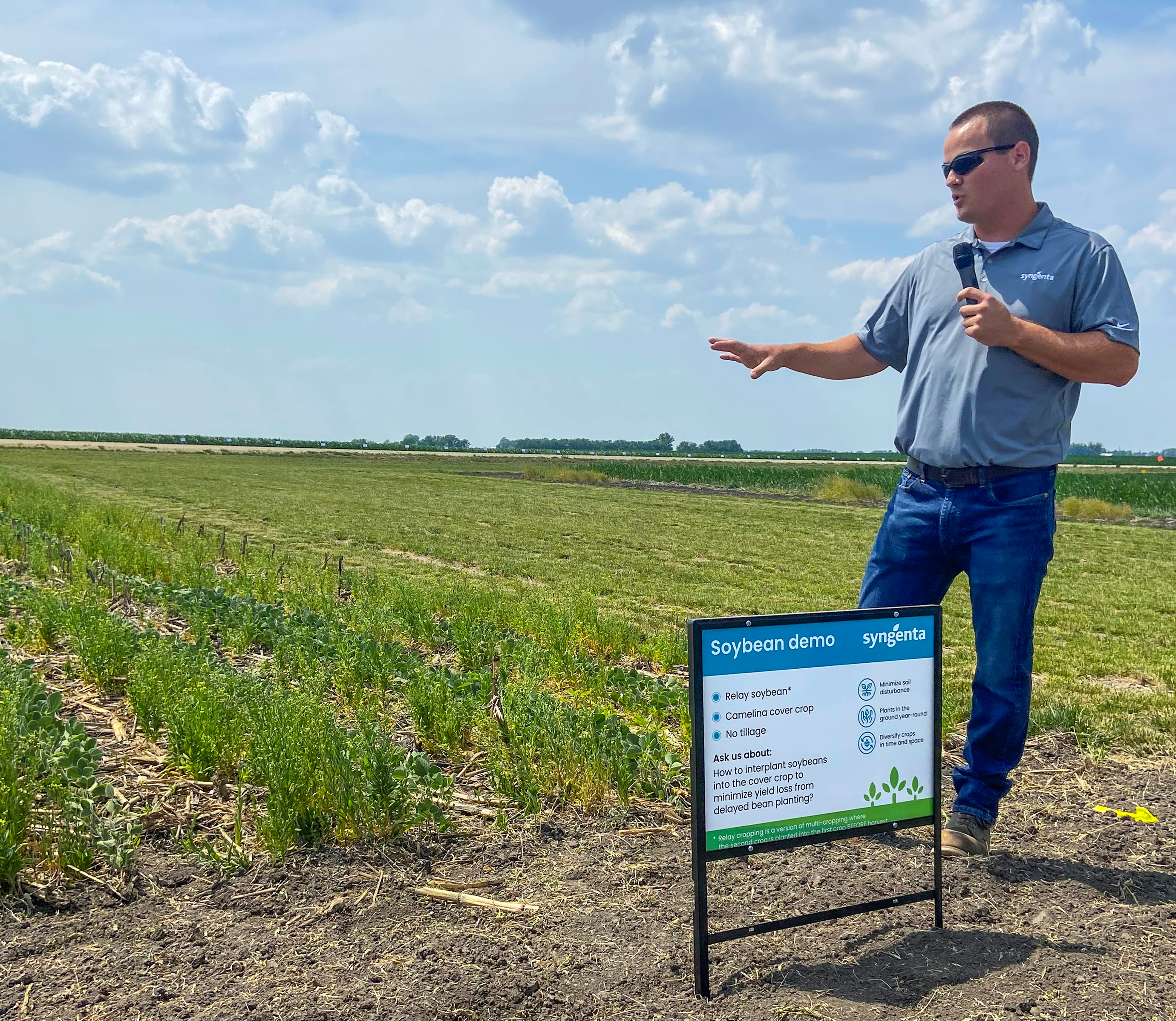Oilseed can be used to support regenerative agriculture

Syngenta Seeds, LLC, Downers Grove, Illinois, part of the Syngenta Group, and Sustainable Oils, Inc., Great Falls, Montana, a subsidiary of Global Clean Energy Holdings, Inc., have entered into a new agreement.
The agreement is sell camelina sativa (camelina) seed—an ultra-low carbon oilseed crop that can be used as feedstock, an ingredient in sustainable animal feed, or for sustainable aviation fuel and renewable fuels.
The collaboration reflects Syngenta’s commitment to enabling farmers to economically adopt regenerative practices around the world. Camelina can be planted on fallow land or land left idle between crop cycles.
It is valued for its low water usage, quick maturity, and resilient yields. Camelina protects land like a cover crop providing a range of environmental benefits, including soil health and reduced greenhouse gas emissions.
By offering farmers a new cash crop in high demand, the commercial partnership promotes a more diverse and resilient agricultural system. That can help deliver direct economic benefits to farmers from their otherwise idle or fallow farm acres.
Camelina seed will be sold through Syngenta’s AgriPro dealer network in a vertical marketing model. Farmers who buy camelina seed will have a harvest purchase contract. There is no marketing risk for the farmer since there is already an integrated value chain model.
In addition, producing camelina is an attractive option, providing farmers with quick soil cover and improved soil structure, without displacing another crop or requiring new equipment.
Camelina seed will be marketed in select areas of western Kansas, Colorado, Montana and the Pacific Northwest. It can be included as a spring crop in a wheat-fallow rotation in Montana and the Pacific Northwest, and as a winter crop in Kansas and Colorado.
For more information, see a representative or visit www.syngenta-us.com.



